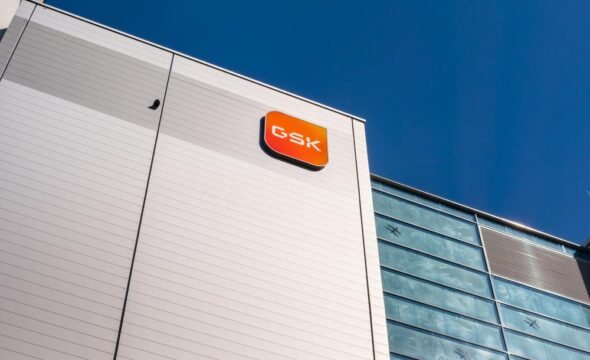Advertisment
Ranibizumab appears to reverse diabetes-related vision loss in some populations

by Bruce Sylvester: Ranibizumab (Lucentis®) therapy appears to have efficacy in reversing diabetes-related vision loss in some populations, researchers reported online on Feb. 19 in the journal Opthalmology.
“We found that ranibizumab can save the sight of thousands of working-age individuals suffering from diabetic eye disease, as standard treatments such as laser are not as effective,” said lead investigator Rohit Varma, M.D., M.P.H., professor and chair of ophthalmology at the Keck School of Medicine at the University of Southern California in Los Angeles.
The (US) Centers for Disease Control and Prevention estimates that 4.4% of adults over 40 with diabetes have advanced diabetic retinopathy, which can cause severe vision loss. And only 30 percent of such patients respond to laser surgery. Prior clinical trials have suggested that intravitreal injections of anti-VEGFs, such as ranibizumab, can have therapeutic efficacy for vision loss in these patients.
Dr. Varma and his team developed a new model based on data from the RIDE and RISE clinical trials, a model designed to estimate the efficacy ranibizumab on the number of cases of vision loss and blindness avoided in about 37,000 non-Hispanic white and Hispanic subjects with diabetic macular edema in the RIDE and RISE trials, and in the United States.
They found that during two years of treatment and compared with no treatment, every-4-week ranibizumab 0.3 mg reduced the number of cases of vision impairment by 45 percent, or 5,134 individuals, and the number of cases of legal blindness by 75 percent, or 1,275 individuals.
The authors noted that since other race and ethnic groups were not included in the study, the treatment might benefit even more people than the model indicated.
“These data are particularly important given the large number of individuals with diabetic retinopathy in the United States, including those in the workforce,” Varma added.
Ranibizumab is made and marketed by Genentech Inc., with the trade name Lucentis. The study was supported in part by Genentech Inc.





